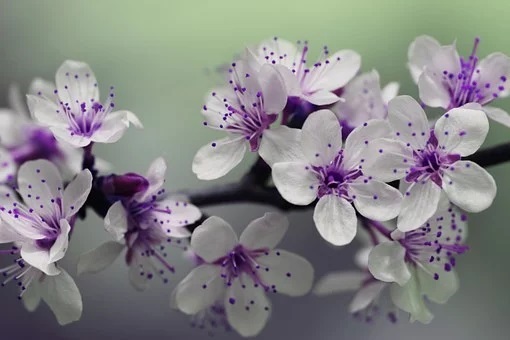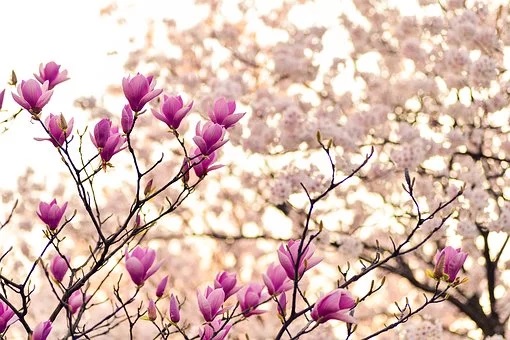Conversely, belief in karma and rebirth serves to remind us that the ending of this life is only a stop on life’s very long journey as well as the beginning of the next leg. In different time and space, life exists in different forms. All the success and failure of this life will end as life ends, but spiritual attainment and the seeds of both good and bad habitual tendency will not perish but like data be copied to future life. No matter how old one gets, there will always be hope, as there is always another life to look forward to. This is an idea that evokes positive energy; once accepted, it can only be good for us. Although it is a bit guilty of being practical minded—to give in this life in order to have better return in next life, it is not a serious flaw. Naturally, to be able to give unconditionally would be much better.
~Depicted from THE HANDBOOK OF LIFE'S JOURNEY- On Death And Rebirth-What Life Truly Is











